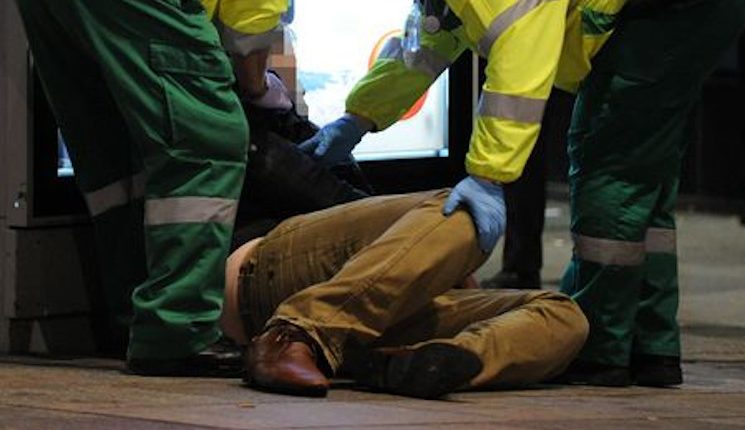
Ambulance life, which mistakes could happen in first responders' approach with the patient's relatives?
First responders mistakes approaching the patient’s relatives: how could misunderstanding happen?
Generally, every medical first responder takes advantage of the patient’s relatives in order to gather important information about the victim, for example on the incident dynamics and victim’s medical history such as medications, allergies, and illnesses. In particular, relatives turn out to be useful if the patient suffers from an altered mental state.
One of the mistakes in the first responder’s approach to the patient’s relatives is that, very often, practitioners way of communicating is rushed and sometimes, can turn out to be aggressive. This type of approach could promote increased apprehension on the part of the relative. It is essential using proper communication techniques in communication to the victim’s relatives.
On the other hand, there are relatives who become angry to first responders, maybe because of the response’s time and treatment, or if their expectations are not met. One of the mistakes of a first responder in communicating to an angry relative in when they fail to identify the emotional state of their interlocutor.
First responders mistakes: how to react to angry or anxious patient’s relatives?
Emergency situations are difficult to manage, and the ability to deal with an angry patient or relatives is an
essential skill. It happens much often then we think. When anger is recognized, the first responder could adjust his/her own communication manners by maintaining a calm tone.
Another mistake in approaching relatives is that they are given unnecessary accommodation. It is understandable that the patient’s relatives need to be informed about the treatment and interventions on
their loved one, but some relatives tend to become too demanding, which could lead to dangerous and needless distractions.
Given that emergency situations should be attended to as rapidly as possible, interruptions should be kept to a minimum whenever possible. The first responder may provide valuable information regarding the procedures and options to the relative, but should also make it clear that unnecessary disruptions are not helpful.
The patient’s relatives and friends could actually provide essential assistance in the assessment and treatment of the victim – by providing a clear picture of the incident, history, and other valuable information. However, proper communication technique must be applied in approaching them especially when they are anxious, in shock, or angry. Furthermore, they should also be informed that they are valued but in the present time of the emergency, the main focus should be on the patient and that distractions are not necessary or can provoke dangerous consequences.
The Author: Michael Gerard Sayson

Registered Nurse with a Bachelor of Science in Nursing Degree from Saint Louis University and a Master of Science in Nursing Degree, Major in Nursing Administration and Management. Authored 2 thesis papers and co-authored 3. Practicing nurse profession for more than 5 years now with direct and indirect nursing care.
READ ALSO
Most common mistakes of first responders on a patient affected by shock?
Emergency responders on crime scenes – 6 Most common mistakes
Manual Ventilation, 5 Things to Keep in Mind
10 Steps to perform a Correct Spinal Immobilization of a Trauma Patient
REFERENCES
Dealing with angry patient’s relatives
PATIENT SAFETY IN THE EMERGENCY DEPARTMENT –ERRORS, INTERRUPTIONS AND STAFF EXPERIENCE



